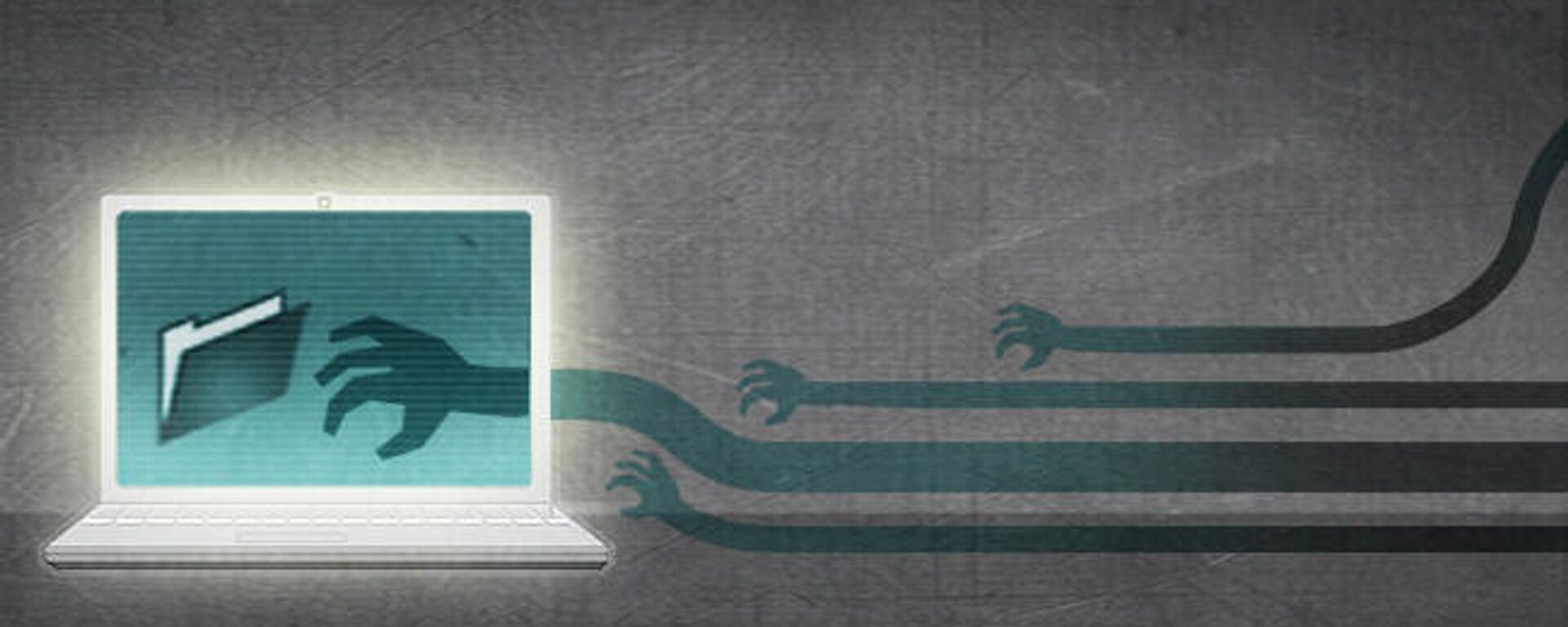https://en.sputniknews.africa/20230526/kenya-refutes-allegations-on-chinese-hack-as-sponsored-propaganda-1059490968.html
Kenya Refutes Allegations on Chinese Hack as 'Sponsored Propaganda'
Kenya Refutes Allegations on Chinese Hack as 'Sponsored Propaganda'
Sputnik Africa
Kenya has refuted claims of alleged cyber attacks by "Chinese hackers" against the country's government institutions, that were earlier reported by Reuters news agency.
2023-05-26T12:32+0200
2023-05-26T12:32+0200
2023-08-03T10:49+0200
kenya
china
united kingdom (uk)
propaganda
sub-saharan africa
east africa
international
https://cdn1.img.sputniknews.africa/img/07e7/05/1a/1059498203_134:0:1786:929_1920x0_80_0_0_c9a9cc8c935380da48a249be1aa7375f.jpg
Kenya has refuted claims of alleged cyber attacks by "Chinese hackers" against the country's government institutions, that were earlier reported by Reuters news agency.Principal Secretary for Internal Security and National Administration Raymond Omollo argued that the article by Reuters, containing the claims, "should be viewed as sponsored propaganda."On Thursday, the Chinese Embassy in Kenya slammed the report as "false, baseless, far-fetched and full of nonsense," noting that the media that published the claims should "adopt a professional and responsible attitude."The story, which drew criticism from the both sides mentioned in the article rolled out by Reuters on Wednesday, alleged that Chinese hackers targeted Kenya's state institutions in what was described as a "years-long series of digital intrusions."
https://en.sputniknews.africa/20230525/china-slams-report-alleging-hacking-into-kenyan-govt-systems-calling-it-sheer-nonsense-1059469147.html
kenya
china
united kingdom (uk)
east africa
Sputnik Africa
feedback@sputniknews.com
+74956456601
MIA „Rossiya Segodnya“
2023
Sputnik Africa
feedback@sputniknews.com
+74956456601
MIA „Rossiya Segodnya“
News
en_EN
Sputnik Africa
feedback@sputniknews.com
+74956456601
MIA „Rossiya Segodnya“
Sputnik Africa
feedback@sputniknews.com
+74956456601
MIA „Rossiya Segodnya“
who hacked kenya? china slams the us, china refutes report on hacking attack, kenya denies reuters' report
who hacked kenya? china slams the us, china refutes report on hacking attack, kenya denies reuters' report
Kenya Refutes Allegations on Chinese Hack as 'Sponsored Propaganda'
12:32 26.05.2023 (Updated: 10:49 03.08.2023) Earlier this week, Reuters news agency claimed that Chinese hackers conducted cyber operations against Kenyan ministries and state institutions, in what was dubbed a "years-long series of digital intrusions." On Thursday, China slammed the report as 'sheer nonsense'.
Kenya has refuted claims of alleged cyber attacks by "Chinese hackers" against the country's government institutions, that were earlier reported by Reuters news agency.
Principal Secretary for Internal Security and National Administration Raymond Omollo argued that the article by Reuters, containing the claims, "should be viewed as sponsored propaganda."
"The wide circulation and the alacrity for its attribution by other foreign media with well-known inclinations further hint at a choreographed and concerted attack against Kenya's sovereignty," he argued.
On Thursday, the Chinese Embassy in Kenya slammed the report as "false, baseless, far-fetched and full of nonsense," noting that the media that published the claims should "adopt a professional and responsible attitude."
"It is a highly sensitive political issue to pin the label of cyber attack to a certain government without solid evidence. The relevant media should adopt a professional and responsible attitude and underscore the importance to have enough evidence when conducting reports, rather than make groundless assumptions and accusations," the embassy's statement read.
The story, which drew criticism from the both sides mentioned in the article rolled out by Reuters on Wednesday, alleged that Chinese hackers targeted Kenya's state institutions in what was described as a "years-long series of digital intrusions."


